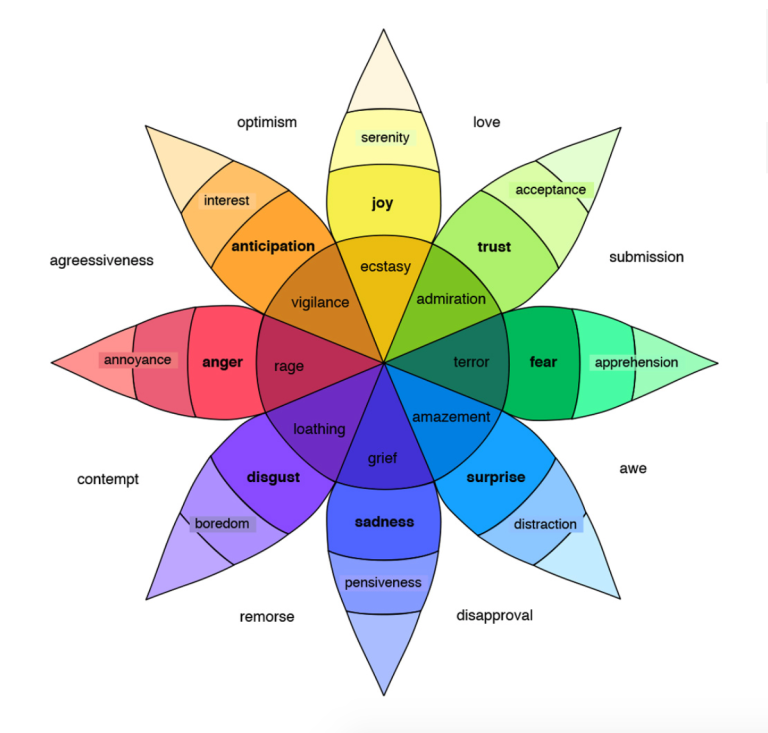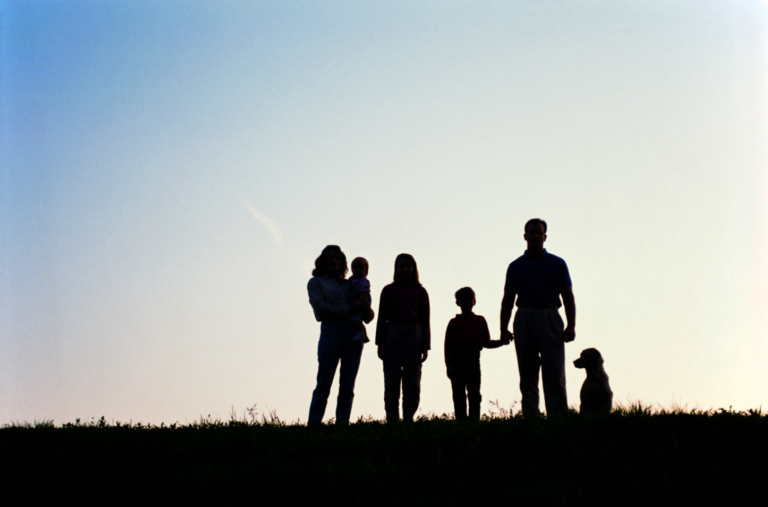Does Sleep Deprivation Increase Susceptibility to False Memories?
Can one be more susceptible to false memory formation due to the lack of sleep?
Steven J. Frenda a psychological scientist, along with his colleagues, at the University of California, Irvine conducted a study on whether or not sleep deprivation increases susceptibility to false memory formation. Two experiments were conducted to reach their results and conclusions on this question.
In experiment one, one hundred and ninety-three undergraduate student’s self-logged the number of hours they slept per night, Frenda and colleagues posed that getting 5 hours of sleep or less was associated with forming false memories. In the beginning, students completed a questionnaire that described a plane crash and had been told that video footage of this crash was widely seen all over social media. The main question participants were asked was if they had seen “video footage of the plane crashing taken by one of the witnesses on the grown.” Experiment one’s misinformation task was that photos and audio of a crime scene were shown to participants and then asked questions about them.
The findings from experiment one needed further confirmation but broadly suggested that less sleep is related to memory suggestibility. Researchers wanted to further understand when during the formation of false memories did restricted sleep have an effect. Researchers were also curious about retrieval of memories and if restricted sleep was the one to blame for that. With these things in mind, they conducted experiment two. Here, the researchers had four main groups with their independent variable being sleep. Participants were either told to immediately sleep or stay awake then take the questionnaire in the morning or take the questionnaire then sleep or stay awake.
The researchers found that students that had read the narratives, viewed the photos and took the memory test after staying up all night were more likely to form false memories and report false details from the text narrative. On the other hand, students who saw the photos before staying up all night had almost very similar results for false memory formation.
“The researchers believe these findings have important legal applications: Recent studies are suggesting that people are getting fewer hours of sleep on average, and chronic sleep deprivation is on the rise,” says Frenda. “Our findings have implications for the reliability of eyewitnesses who may have experienced long periods of restricted or deprived sleep.”
Frenda closes by says that further research need to be conducted before enforcing specific law enforcement and says, “We are running new experiments now, in order to better understand the influence of sleep deprivation on processes related to false memory.”
Reflection:
After writing my own summary of the research article, I underestimated the amount of thought and summarizing that went into writing an inside view on today’s psychological studies. I definitely thought it would not be so difficult to compose my own thoughts and feelings to summarizing a study as well as keeping the readers entertained. It was difficult trying to condense the study’s experiments because I thought that everything was important and worth mentioning in the journal article for the reader to fully understand the material and the flow of the study. In the study there is a shift from experiment one to experiment two and it was difficult trying to create my own shift in the journal article because I had to be careful about plagiarism.
I think the journalist wrote the article in a way that the regular person could understand the article which was something that I struggled with when I first started to re-write the article. The journalist did talk about some parts of the study, but failed to mention other parts that I thought were important to mention and would make understanding the study easier. Adding those details about the study, that the original journalist missed, is something that I added to my re-write of the article that is different from the original creator.
I don’t think that the perspectives of the journalist were wrong, I just don’t think that there was enough detail to completely understand the study in its entirety, but, I did like how the journalist made reading the paper easy without the use of difficult words or phrases that the general audience might not understand.
References:
Link to the original article: http://www.psychologicalscience.org/news/releases/sleep-deprivation-may-increase-susceptibility-to-false-memories.html#.WRN-1FKZOfT
Link to the scholarly article: http://journals.sagepub.com/doi/abs/10.1177/0956797614534694






 What is morality one might ask; morality is knowing the distinction between right and wrong and good or bad. I was drawn to this talk because everyday we are told to make decisions, some of them being hard and some being easy. But, for each decision there are two choices; one that you want to do and one that you need to do.
What is morality one might ask; morality is knowing the distinction between right and wrong and good or bad. I was drawn to this talk because everyday we are told to make decisions, some of them being hard and some being easy. But, for each decision there are two choices; one that you want to do and one that you need to do.